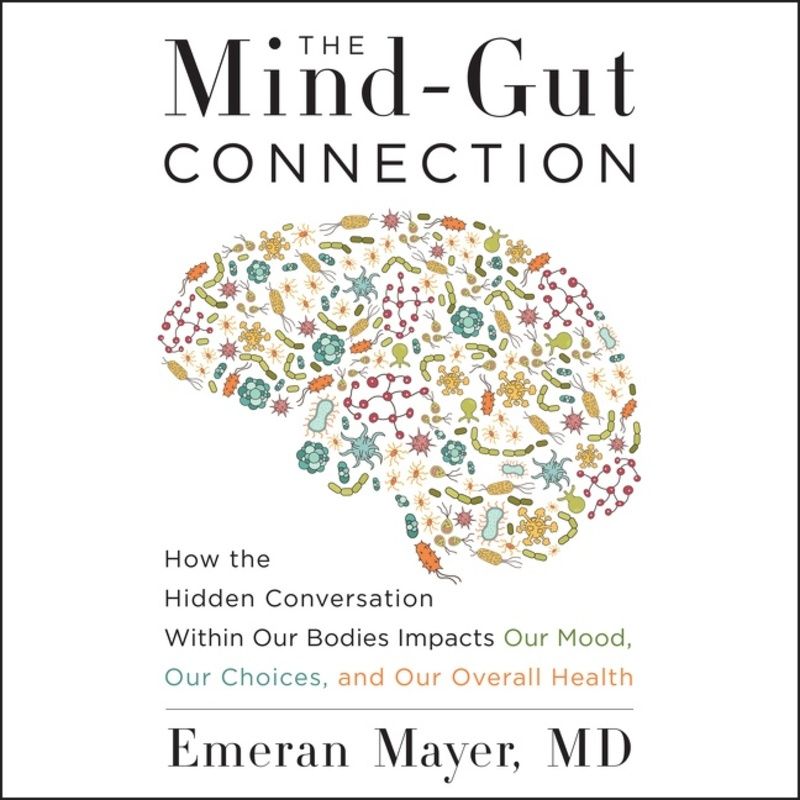The Mind-Gut Connection
de
citită de Tom Parks
Asculți nelimitat
9h 57m

Adaugă la wishlist
Despre The Mind-Gut Connection carte
Chances are, at some point in your life you’ve noticed the connection between your brain and your gut. If you’ve ever felt queasy as you walked into an uncomfortable situation or based a life decision based on a “gut feeling,” then you know that sometimes our bodies react faster than our minds. Most of us have also experienced the same phenomenon in reverse, where our mental state has affected our digestive system—like the butterflies in our stomach before an important meeting or a first date. But while the dialogue between the mind and the gut has been recognized for centuries, scientists today are just starting to understand how powerful that connection is.
In The Mind-Gut Connection, Dr. Emeran Mayer, executive director of the UCLA Oppenheimer Center for the Neurobiology of Stress, offers a cutting-edge view into this developing science, showing us the full impact of how the brain, gut, and microbiome—the community of microorganisms that live inside the digestive tract—communicate. As Dr. Mayer explains, when this communication channel is out of whack, major health problems can crop up, including food sensitivities and allergies, digestive disorders, obesity, depression, anxiety, and fatigue. The Mind-Gut Connection teaches us how, with a few simple changes to our diet and lifestyle, we can enjoy a happier mindset, enhanced immunity, a decreased risk of developing neurological diseases such as Parkinson’s and Alzheimer’s, and even lose weight. With a simple, practical regimen drawn from the latest research, Dr. Mayer shows us that paying attention to the mind-gut balance is the key to unlocking vibrant health.
În acest moment nu există recenzii pentru această carte
Emeran Mayer

Emeran Mayer, MD, has studied brain-body interactions for the last forty years. He is the executive director of the G. Oppenheimer Center for Neurobiology of Stress and Resilience and the codirector of the Digestive Diseases Research Center at the University of California at Los Angeles. His research has been supported by the National Institutes of Health for the past twenty-five years, and he is considered a pioneer and world leader in the area of brain-gut microbiome interactions.
MAI MULT
Tom Parks







